The Food Safety Modernization Act (FSMA) gives the U.S. Food and Drug Administration (FDA) authority to regulate food from farm to fork, which enables the FDA to better protect the public by strengthening the food safety system. The goal is to prevent foodborne outbreaks before they occur by taking proactive measures and shifting from a reactionary approach to a proactive approach. FSMA has created seven new federal rules that address produce, human food, animal food, transportation, and imported food.
The Produce Safety Rule is currently the only rule regulated by ISDA, more information about the other six rules can be found below.
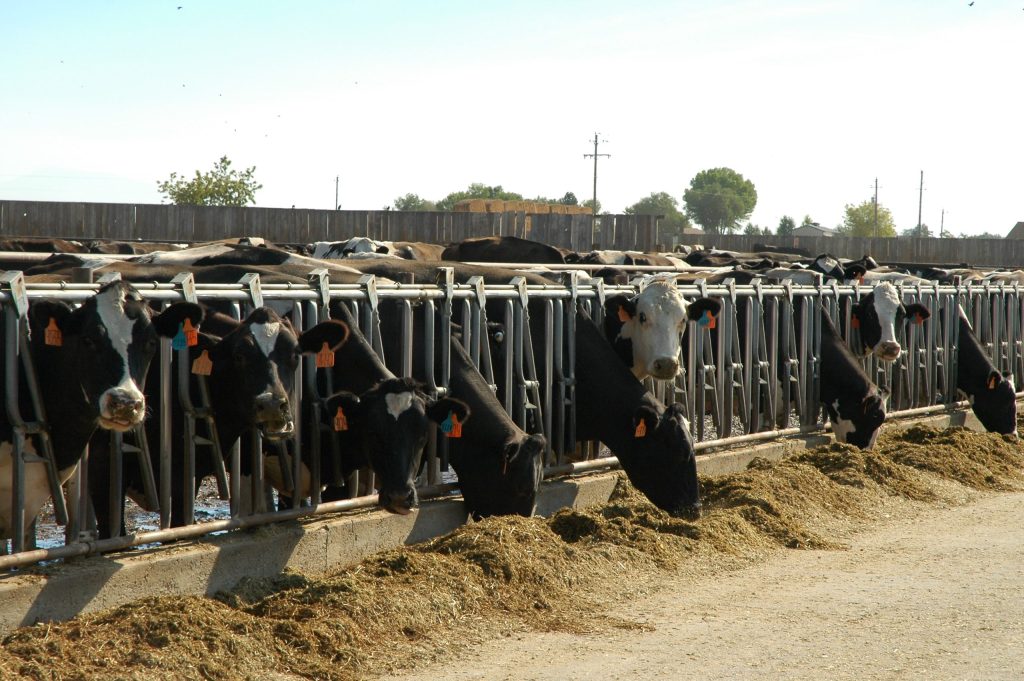
Preventative Controls:
Animal Food
Establish Current Good Manufacturing Practice and Hazard Analysis and Risk-Based Preventive Controls for Food for Animals.
To view click here.
This FDA fact sheet contains key requirements for the final rule on Preventive Controls for Animal Food.
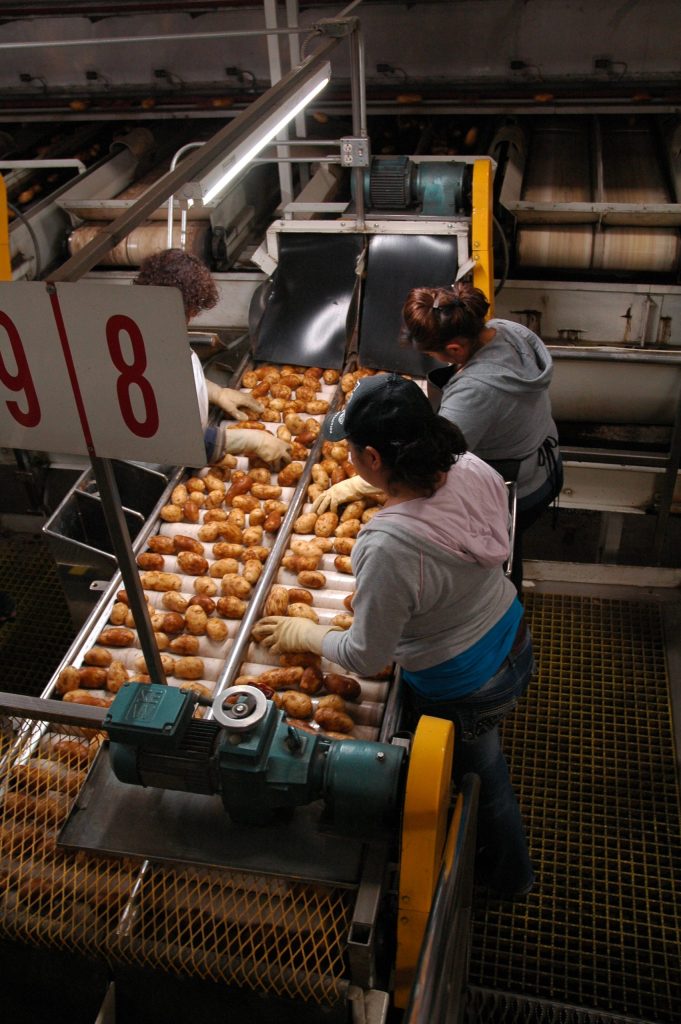
Preventative Controls:
Human Food
Preventive controls are steps that you, a domestic or foreign food facility, must
take to reduce or eliminate food safety hazards.
The rule also incorporates the Current Good Manufacturing Practice (CGMP)
requirements, which have been updated.
To view click here.
This FDA fact sheet contains key requirements for the final rule on Preventive Controls for Human Food.
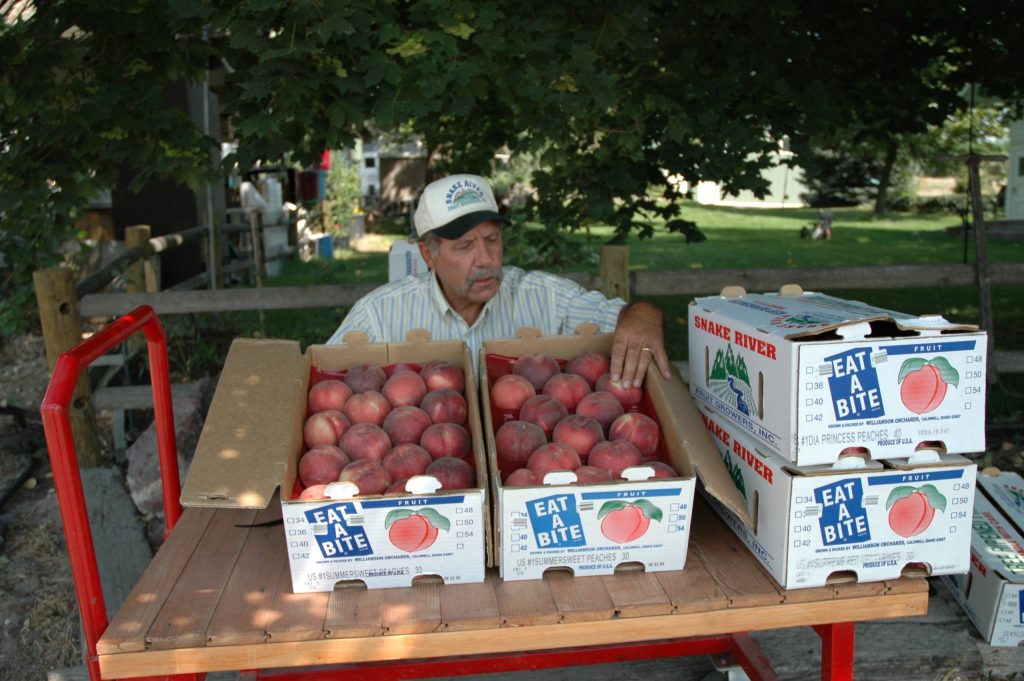
Accredited Third-Party Certification
The FDA Food Safety Modernization Act (FSMA) rule on Accredited Third-Party Certification was finalized in November 2015. The rule establishes a voluntary program for the accreditation of third-party certification bodies, also known as third-party auditors, to conduct food safety audits and issue certifications of foreign entities and the foods for humans and animals they produce. These requirements are intended to help ensure the competence and independence of the accreditation bodies and third-party certification bodies participating in the program.
To view click here.
This FDA fact sheet contains key requirements for the final rule Accredited Third-Party Certification.
Accredited Third-Party Certification is a voluntary program in which FDA recognizes “accreditation bodies” that will have the responsibility of accrediting third-party “certification bodies.” The certification bodies will conduct food safety audits and issue certifications of foreign food facilities.
To view click here
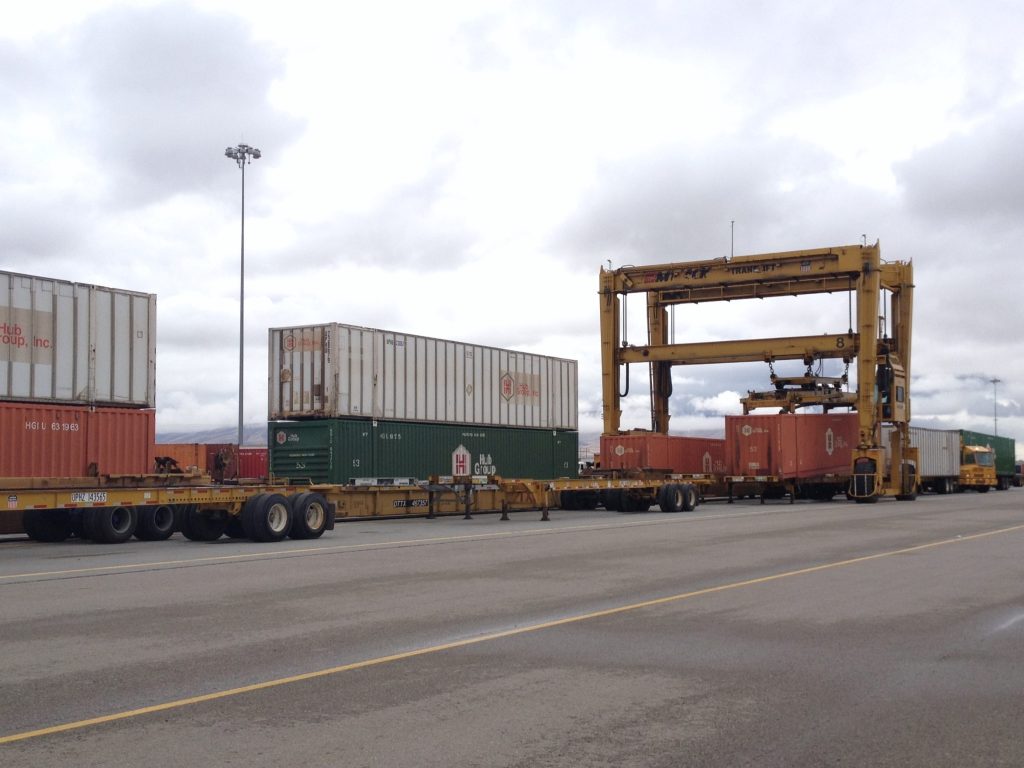
Foreign Supplier Verification Programs
The FSVP rule requires importers to perform risk-based foreign supplier verification activities to verify that:
- The food is produced in a manner that provides the same level of public health protection as section 418 (concerning hazard analysis and risk-based preventive controls) or 419 (concerning standards for the safe production and harvesting of certain fruits and vegetables that are raw agricultural commodities (RACs) of the FD&C Act (21 U.S.C. 350g and 350h), if applicable;
- The food is not adulterated under section 402 of the FD&C Act (21 U.S.C. 342); and
- The human food is not misbranded under section 403(w) of the FD&C Act (21 U.S.C. 343(w)) (concerning food allergen labeling).
The FDA is committed to helping ensure that importers can meet the FSP requirements. In order to facilitate compliance, FDA will provide guidance, outreach, and training.
KEY REQUIREMENTS_ Final Rule on Foreign Supplier Verification Programs
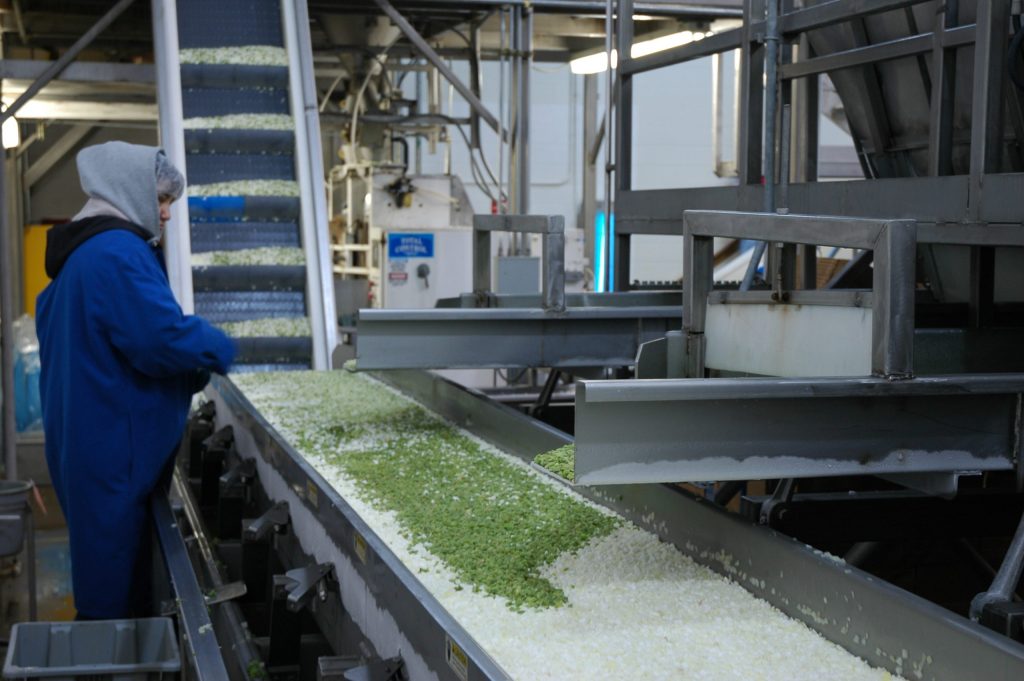
Mitigation Strategies to Protect Food Against Intentional Adulteration
The FDA Food Safety Modernization Act (FSMA) final rule is aimed at preventing intentional adulteration from acts intended to cause wide-scale harm to public health, including acts of terrorism targeting the food supply.
To view click here.
This FDA fact sheet contains key requirements for the final rule for Mitigation Strategies to Protect Food Against Intentional Adulteration.
FSMA Final Rule for Mitigation Strategies to Protect Food Against Intentional Adulteration
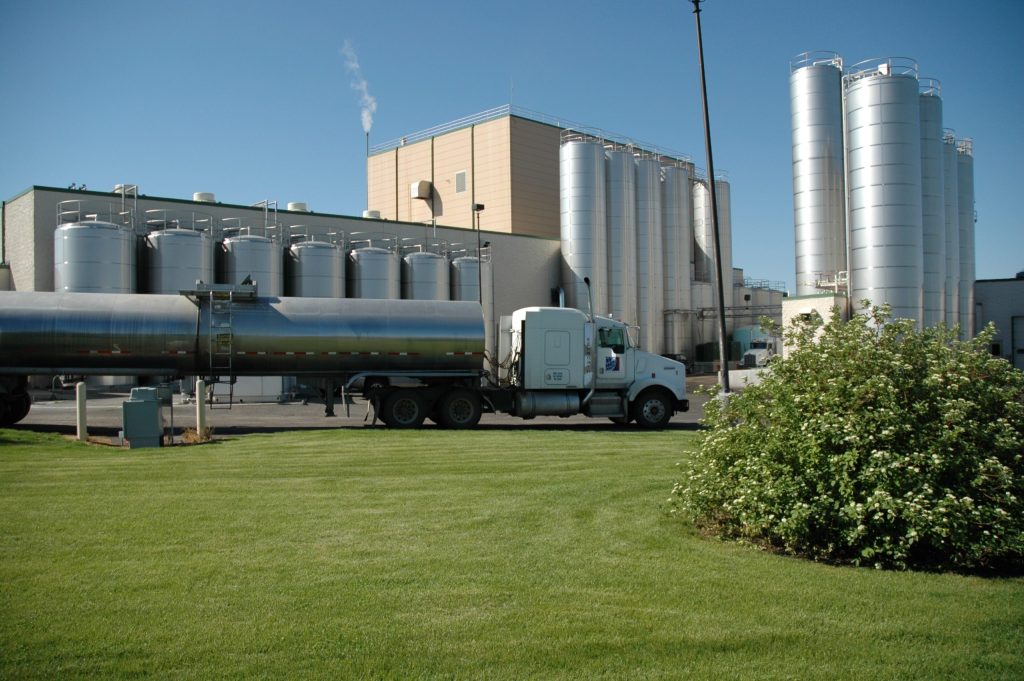
Sanitary Transportation of Human and Animal Food
The FDA Food Safety Modernization Act (FSMA) rule on Sanitary Transportation of Human and Animal Food is now final, advancing FDA’s efforts to protect foods from farm to table by keeping them safe from contamination during transportation.
To view click here.
This FDA fact sheet contains key requirements for the final rule on Sanitary Transportation of Human and Animal Food.
Final Rule on Sanitary Transportation of Human and Animal Food